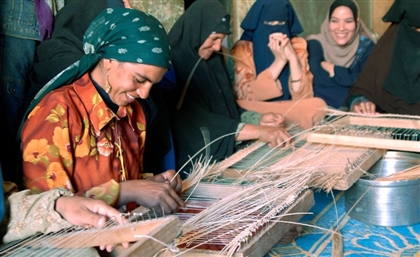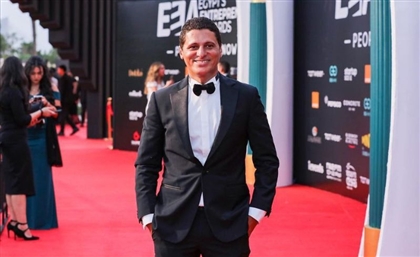#25Under25: Egypt’s Social Entrepreneurs Reshaping the Way We Effect Change
As we continue to unveil Egypt's 25 entrepreneurs under 25, we take a look at 5 startups striving for social change. From recycling cooking oil to produce biofuel, to creating sustainable fashion from plastic bags, these social wizards explain how they plan to revolutionise Egypt in their own way.
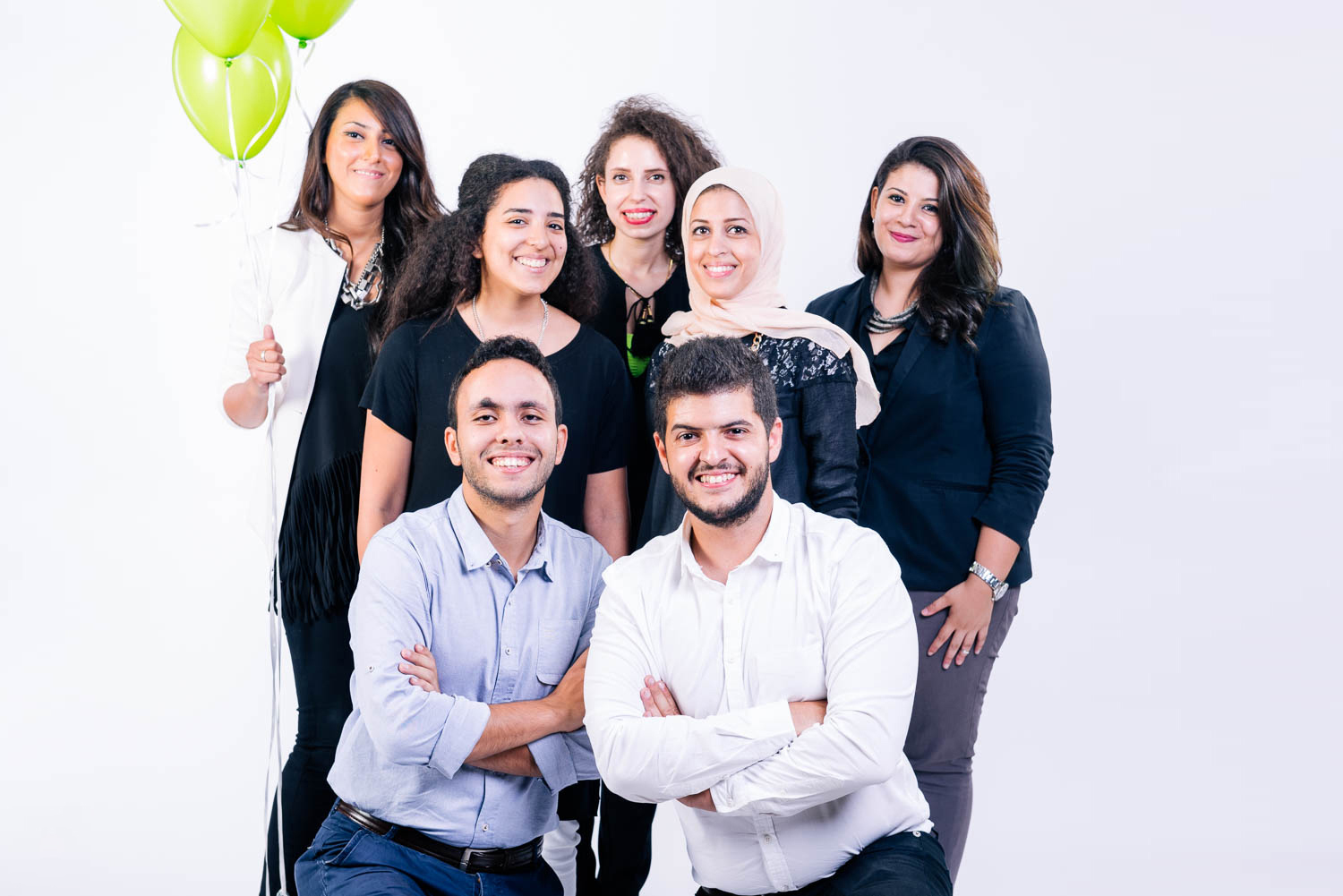
As the echo of the 25th of January revolution fades away and many activists retrieve into despair, a new generation of young entrepreneurs turns to social business as a way to trigger change in a sustainable way. With ingenious approaches, these business wizards are digging into pressing societal and environmental problems, aiming to tackle them at their root.
They create solar plants that can be easily integrated to homes; they master community-based approaches to design fashion brands; and they become leading manufacturers of products based on up-cycled plastic waste. Tackling the core of social conundrums, these young business moguls are finding outstandingly innovative solutions to affect real, tangible change.
“I was a chemist working for a leading oil and gas company, and I felt I was at the wrong place. I really like the environment and I hated the fact that we were destroying it just to make some money. So I thought, why not create a product that could serve the same purpose but could do great things for the environment?” says 25-year-old engineer Yassin Abdelghafar.
Motivated by his knowledge on renewable energies, the young entrepreneur quit his corporate job, joined forces with a fellow environmental engineer, and invested all his savings in creating SolarizEgypt, a power generation company that uses grid-tie Photovoltaic technology (PV) in the form of solar plants. “The first year was rocky and turbulent, and I had those moments where you think ‘what am I doing?' But the reward you feel in the moment we set up the first solar plant at the American University in Cairo (AUC) campus, was unmatched,” he says.
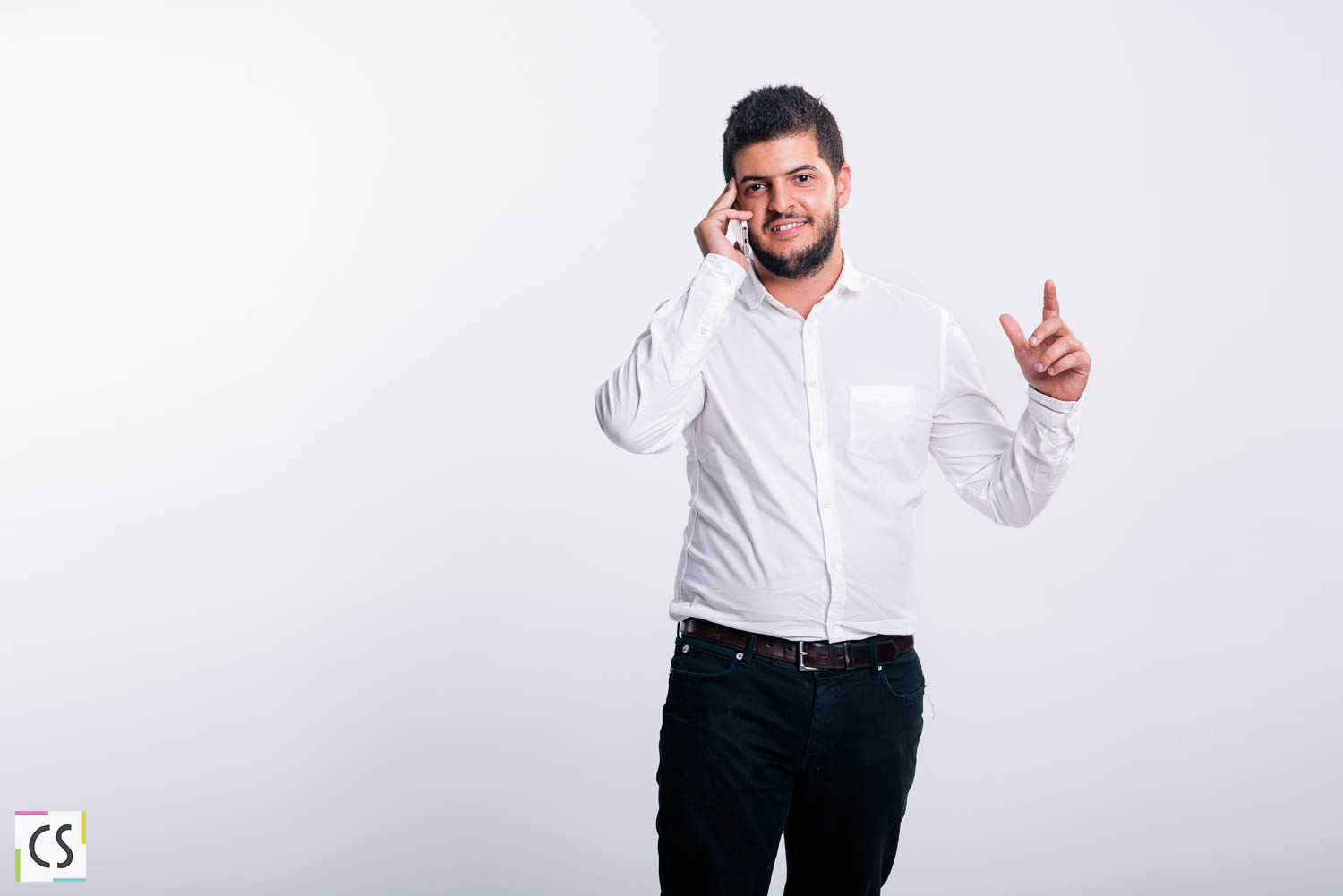
Yassin Abdelghafar, 25, co-founder of SolarizEgypt
It was also a common frustration that inspired Rania Rafie and Yara Yassin to set up their upcycling company Upfuse. “Our project started when we traveled to Berlin and, as we went to the supermarket, noticed that they were charging for the plastic bags. In Egypt we are very generous with plastic bags, so we didn’t understand this until we realised how harmful they are to the environment,” Rafie says.
Both product designers, the young women were introduced to sustainability practices once they returned to Egypt, as they worked at Ice Cairo, a community-driven green tech innovation hub that focuses on building a community to turn environmental and social challenges into green businesses. “Plastic bags are the hardest to recycle and the hardest to collect. So we decided to up-cycle them in a creative way and, instead of designing products for consumerism, create sustainable ones,” adds Yassin.
Awarded by Injaz Egypt and entering the incubation program DO School in Germany, the duo rented their own office in Cairo and began manufacturing their own designs, employing women from underprivileged backgrounds to manufacture them. “In social enterprises, money is a result, not what you work for, so we decided to enlarge the team by incorporating these women and offering them a fair retribution. We also work with local artisans to empower them. We want to design something that looks good, is produced locally, and is environmentally sustainable,” says Yassin.
Fighting mindsets
On the way, however, they encountered an unexpected difficulty: challenging existing mindsets related to wearing garbage. “We had to struggle against the idea of wearing trash,” says Rafie. “At the beginning, we were selling at events and using social media to raise awareness.”
A procedure that in Egypt is limited to the garbage collectors’ community known as the Zabaleen, recycling is not common practice in society. “People have no idea what they are actually throwing away,” says founder of Recyclobekia Mostafa Hemdan.
His company, which began with the minuscule capital of EGP 6,000, was featured by Forbes as one of the Middle East’s top 10 startups you need to know, having become the first startup to generate revenue from recyclable material inside electronic waste in the region. “There are precious metals inside electronic waste, so much so that we refine them, sell them, and export,” he explains. Today, his company processes 40 tons of e-waste per month.
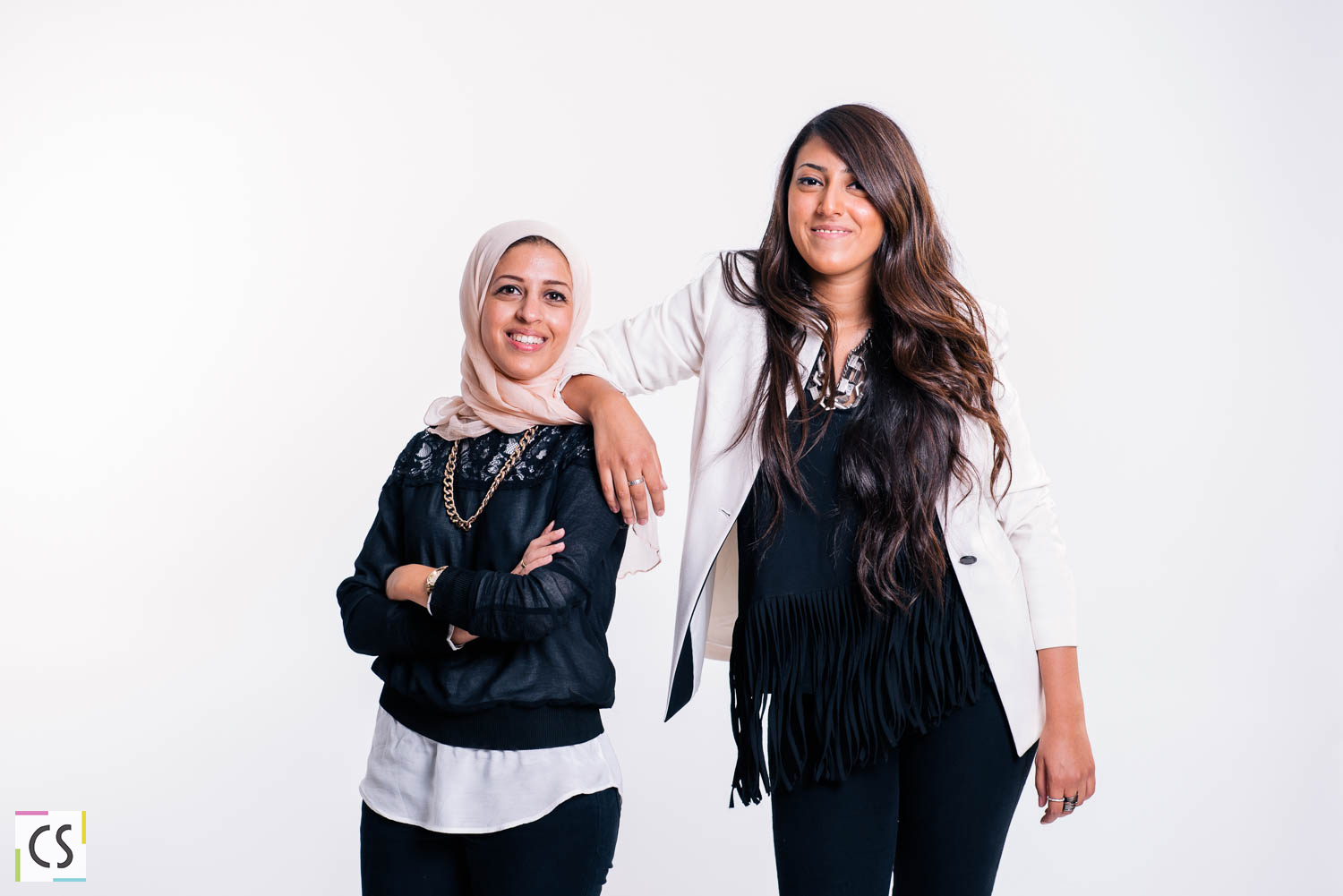
Mariam Hazem, 25; and Hend Riad, 25; co-founders of Reform Studio
Recycling came also as an opportunity for Reform Studio’s founders Mariam Hazem and Hend Riad, whose business was conceived as a graduation project at the German University in Cairo. Their designs push the boundaries of statement furniture, offering a sustainable solution to the problem of plastic waste in Cairo. "Plastic bags are the second most wasted material in Egypt and it takes a thousand years for a plastic bag to degrade," Riad says. Backed by Egyptian startup accelerator Flat6Labs, the entrepreneurs launched in 2014 and have since been awarded international design prizes in Milan.
But for these bright minds reinventing practices across the Middle East, even food can be recycled. “We kicked off for our graduation project as well. We were studying the production of Biodiesel, and thought that it could be a good project to create renewable fuel from used cooking oil,” says engineer Nour El-Assal, co-founder of Tagaddod. Partnering with his colleage Ahmed Raafat and business graduate Mariam Tarek Afifi, the entrepreneurs now not only produce biodiesel, but also export to European and Arab countries.
Revenue or reward?
Despite the difficulties and the often overwhelming feeling of powerlessness when struggling for societal change, the entrepreneurs agree that the rewards largely exceed any economic gain. “It is astonishing when you see people wearing the products you make, and realise it’s actually working; that people not only like your designs but they are also changing their mindset regarding the things they wear,” Yassin says. “It is rewarding to realise that aside from the social value you are adding, you can make a living out of it,” adds Abdelghafar.
For Noura Galal, founder of the fashion social business Rafeya, it was the contact with the women she employs in Cairo’s low-income neighborhood of Konayessa, that made the bigger difference in her company’s balance. “It was incredibly rewarding when one of the women approached me to say ‘thank you - thanks to you now I know my rights, I know that I can choose for myself and I have control over my life,’” she says. “She was not allowed to take the kids to the factory she was working in, and now she can have moments with them.
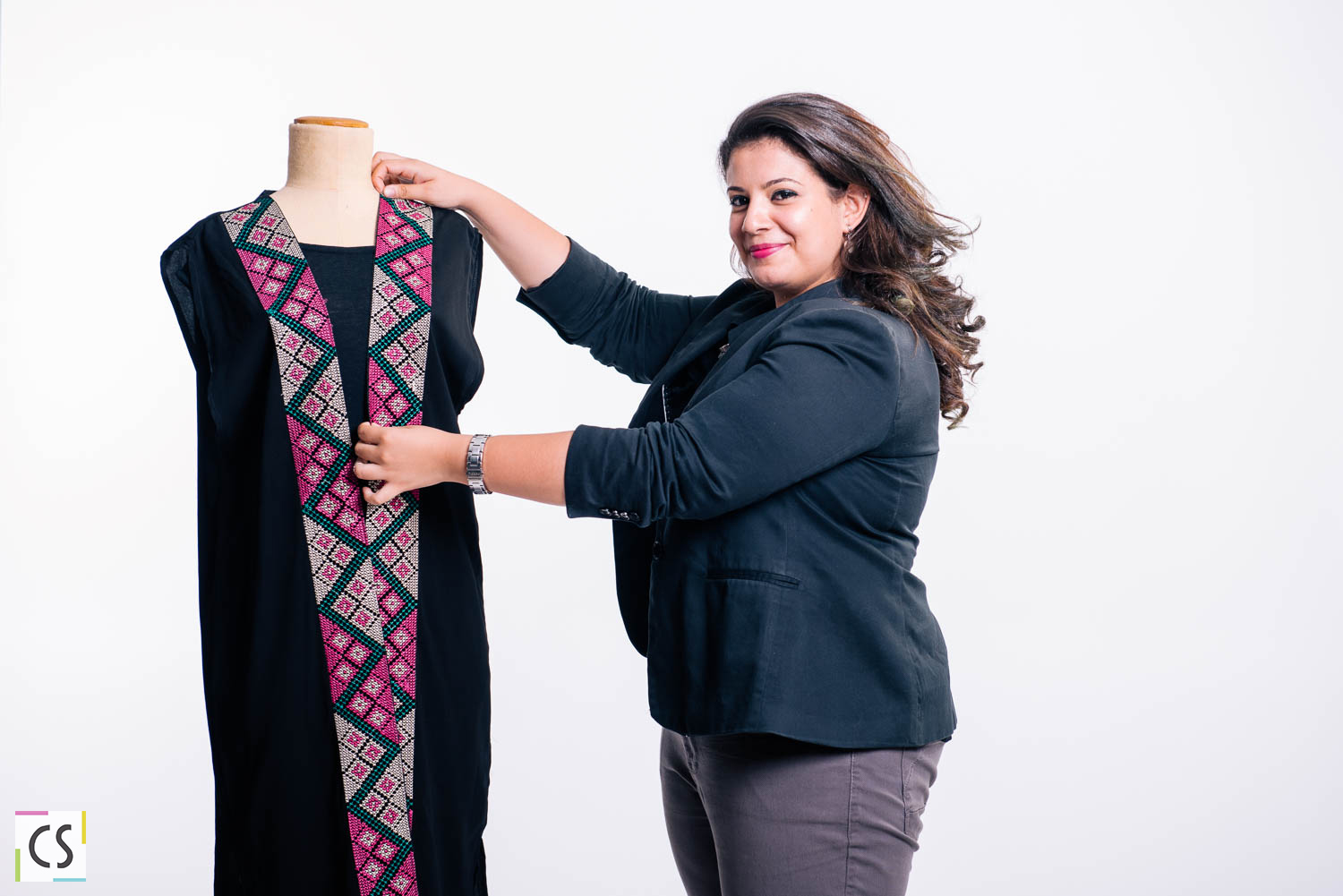
Rafeya was born while Galal was working at Educate-me, an NGO dedicated to education in deprived communities, where she worked for four years. “I would stay with these women for eight hours daily. They used to discuss their problems and what they wanted to do, and I thought these women are heroes; they are suffering from FGM, domestic violence, having seven kids, and the common thing amongst them was creating handmade products. But they had one problem: they didn’t know how to market their items.”
Reviving her 16-year-old girlhood dream to be a fashion designer, Galal thought of joining these women’s talent with her passion and opened a workshop in the area. “These female artisans have now a share in each product they produce,” she says. “I wanted to create a space where they can feel in control and invest in themselves”.
- Previous Article Blessings: A Platform Where Artists Sell Their Work
- Next Article Cloud 9 Music Festival: Bigger and Better




